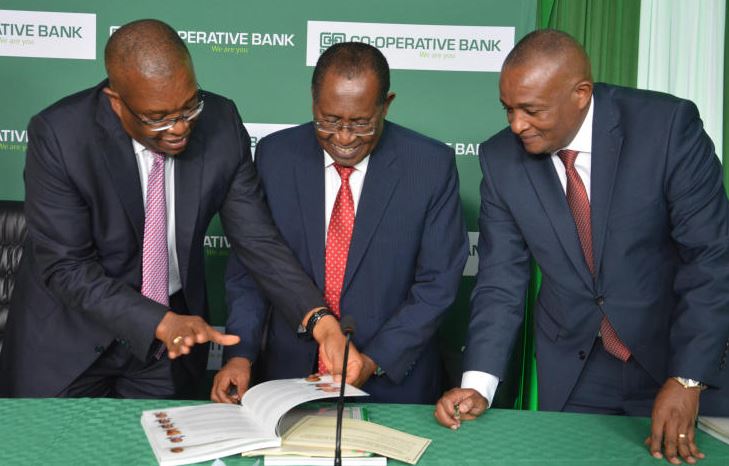×
The Standard e-Paper
Stay Informed, Even Offline

Although Covid-19 pandemic has hit the entire banking sector equally, a few banks have emerged as more equal than others.
Consequently, financial results that lenders have been churning out in the last two quarters have presented observers with what would better be described as “a great study in contrast.”